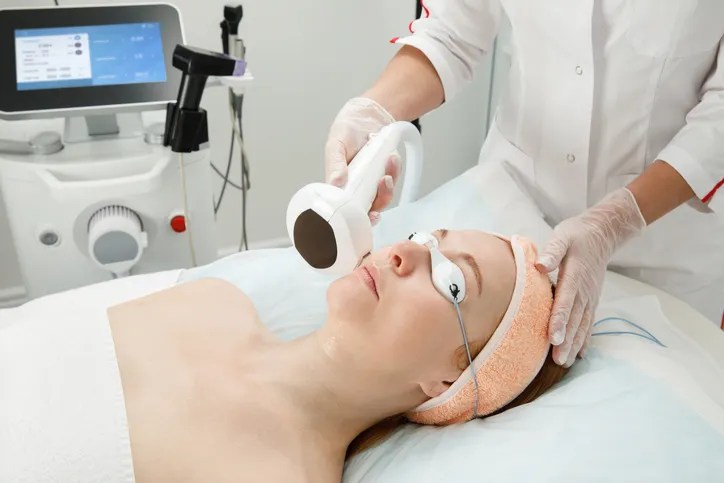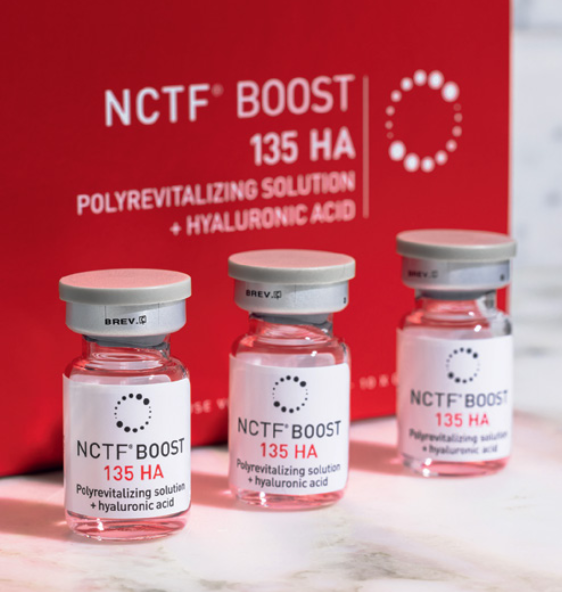Counterfeit Injectables And Devices Continue To Put Patients At Risk

Recent incidents in several U.S. states involving harmful reactions to counterfeit or improperly administered injectable products have sparked a joint investigation, with further response of warnings regarding the safety of injectables that have been issued by U.S regulatory bodies.
Over in Australia, the Therapeutic Goods Administration (TGA) issued 4 infringement notices (totalling $13,656) in 2023 to 2 registered nurses for allegedly importing unapproved prescription-only medicines, medical devices containing prescription-only medicines, and advertising prescription-only medicines.
The individuals lacked authorisation to import these items, and they are not listed on the Australian Register of Therapeutic Goods (ARTG). Consequently, they are not sanctioned for distribution in Australia, including patient use, have not undergone safety or quality evaluations, and present a significant hazard to consumer wellbeing.
All products requiring a prescription listed on the ARTG have undergone scrutiny by the TGA to ensure compliance with quality standards, including sterility, accurate ingredient composition, and suitable manufacturing conditions. Unregistered products lack these guarantees.

When it comes to counterfeit medical devices, clinics and practices are now resorting to publishing blog articles for prospective patients to understand “how to tell the difference between a real and fake device”, or “how to tell if your skin clinic’s devices are real”
Unregistered Injectable Products
“These procedures are among the most frequently performed cosmetic treatments globally, which unfortunately leads to illicit and hazardous practices,” remarked Dr. Alex Sobel, D.O., FAACS, president of the American Academy of Cosmetic Surgery. “Physicians, clinics, Allergan/AbbVie, the FDA, and the public must collaborate for the safe administration of neuromodulators and other prescription products.
Common symptoms of complications arisen from administering unregistered/unapproved products:
- Blurred vision and double vision
- Drooping eyelids
- Difficulty swallowing
- Dry mouth
- Slurred speech
- Difficulty breathing
- Fatigue
- Generalised weakness
“Patients have the right to be informed about the origin and handling of their treatment product,” emphasised Dr. Sobel. “Nevertheless, there will be unscrupulous and negligent providers and practices that deceive patients; I urge patients to seek treatment where they have confidence in the education, training, experience, and ethics of those involved in their care.”
The post Counterfeit Injectables And Devices Continue To Put Patients At Risk appeared first on SPA+CLINIC.
